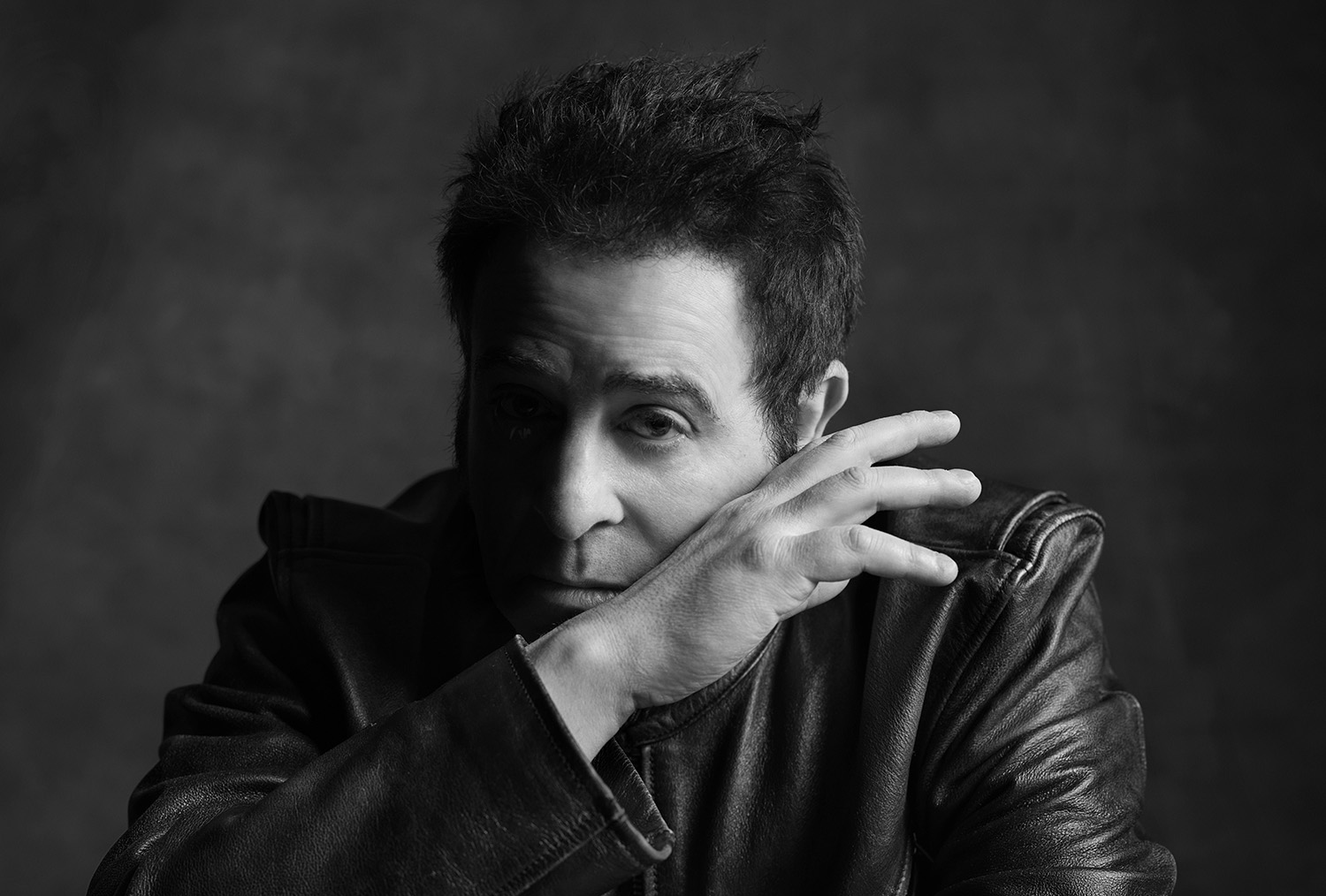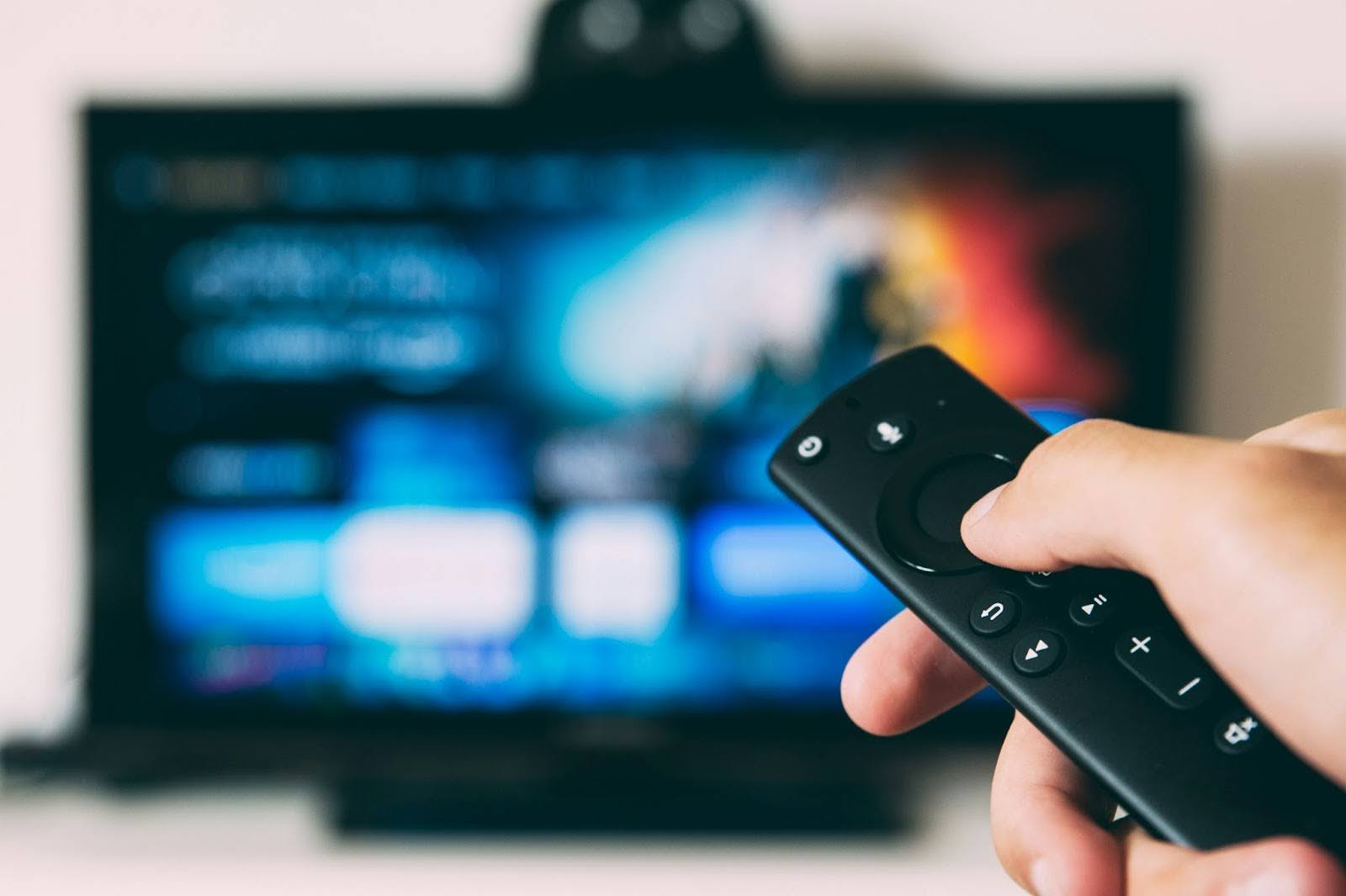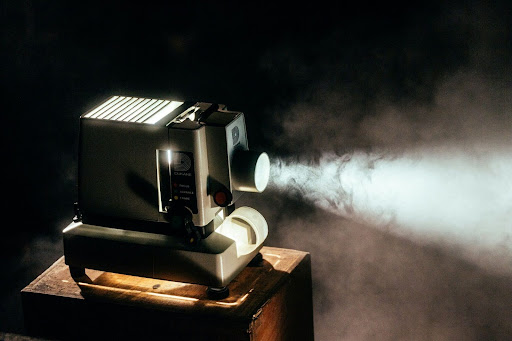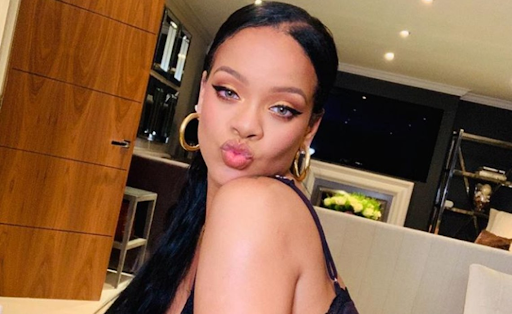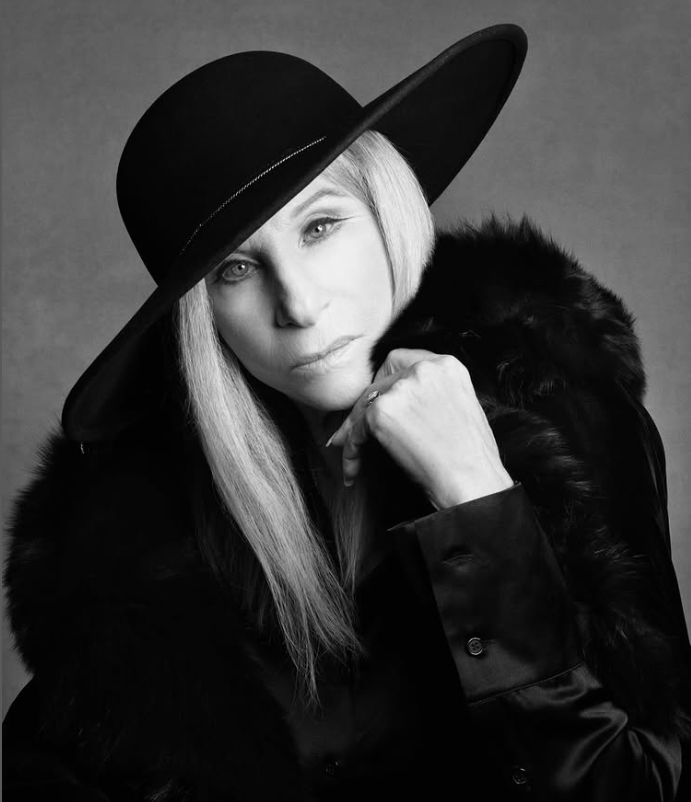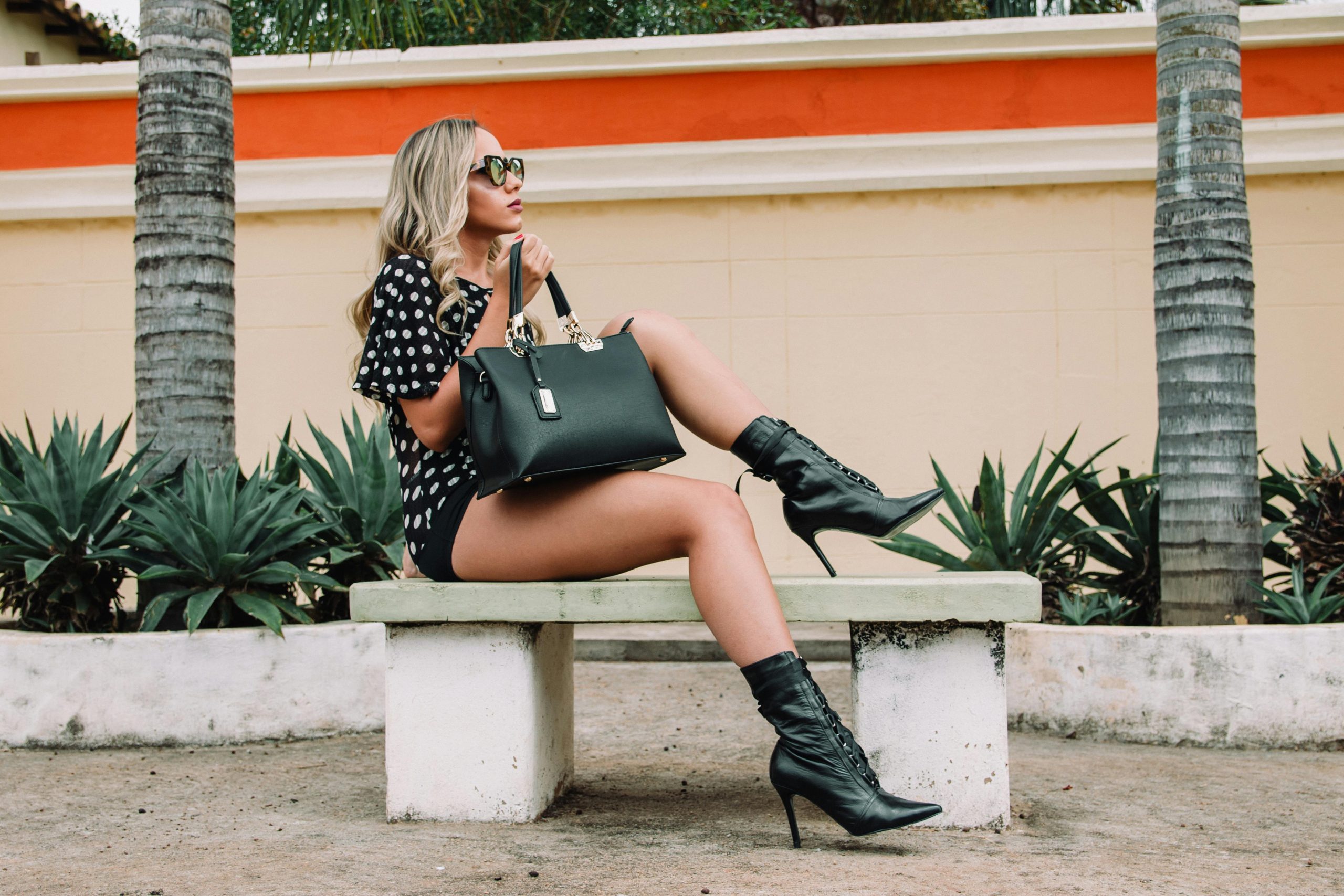
Update 4/14/2021: Over the weekend, Vine star and musician Adam Perkins — best known for his viral “Welcome to Chili’s” video, and other skits he made with his twin brother Patrick Perkins — passed away at age 24.
Before Vine was shut down in 2017, Perkins had amassed hundreds of thousands of followers, and his “Welcome to Chili’s” clip had been viewed more than 20 million times. Patrick shared a remembrance of Adam on Instagram on Tuesday, encouraging people to listen to his brother’s album Latch Relay to honor his memory.
In September of 2020, beauty blogger Ethan Peters — known as Ethanisupreme — passed away at the age of 17 in his home in Harris County, Texas.
Peters had been a staple of Instagram for years, having amassed over a million followers for his meme account Betch, before selling it for $25,000 at the age of 13. Since then he managed to accrue over 500,000 followers for his personal account, where he posted images of himself in elaborate makeup and at least one video of himself receiving cosmetic injections.
Peters—who described his aesthetic as a cross between Kylie Jenner and Marilyn Manson—also had a YouTube channel devoted to makeup tutorials, discussions of Internet drama, aspirational displays of wealth, and a video of him getting a tattoo inside his lower lip. If that all sounds like too much for a seventeen-year-old boy to be involved in, that’s just the start…
Peters had been struggling with addiction in the months before his father found him dead from a suspected overdose. In the most recent video posted to his YouTube channel he opens with the statement, “I just popped a molly. Here we go.” Whether that was a true statement or an offhand joke, it represents a worryingly casual view of drugs for a teenager with a lot of disposable income.
Fellow beauty blogger Ava Louise, who referred to Peters as her “best friend,” noted in a tweet mourning his passing that she “had to pull Ethan aside in recent weeks and have talks with him about his usage” and that “everyone close to him was scared.”
But Peters’ death, garnering numerous headlines since the weekend, is far from a singular story. In recent months a number of people who could be termed “Internet-famous” have passed at shockingly young ages.
From 24-year-old Instagram influencer Nicole Thea and her unborn child dying when she reportedly suffered a massive heart attack in the 8th month of her pregnancy to 19-year-old YouTube star Landon Clifford of Cam&Fam passing in August after spending six days in a coma, what is behind this worrying trend?
To some extent, the apparent growth of these stories may be attributable to the growth of “influencers” and “content creators” as a category. As more and more people around our increasingly connected world establish a niche claim to fame, more of life’s random tragedies will end up happening to people considered newsworthy.
That seems to be the case with Nicole Thea, whose heart attack does not seem to have been related to her fame. If anything, her death may point to larger problems of racial disparities in medical treatment within the UK—where maternal mortality rates are five times higher among Black women like Thea.
Adding to the issue, people who have decent followings but might not be considered “influencers” in normal life have a tendency to suddenly become much more famous in the wake of a tragic death.
Did having 22,000 followers really qualify 20-year-old Sinead McNamara for the title of “Instagram model?” Maybe not when she was alive, but after she was found hanging from the back of a billionaire’s superyacht, the story was too dramatic for tabloids not to play up her fame.
Still, this does not seem to account for the amount of death among young influencers in recent months—not without taking into account various factors particular to the content-focused lifestyle.
Among the most obvious of these factors is the recklessness involved. With so many content creators, glorifying risk-taking and dangerous behavior is a large part of their appeal. Whether it’s YouTuber Corey La Barrie celebrating his 25th birthday in a McLaren—with his drunk friend behind the wheel—or a couple trying to get the perfect Instagram shot at the edge of Taft Point in Yosemite National Park, the pursuit of a lifestyle that’s exciting enough for content comes with an implicit danger.
This isn’t even getting into the strange case of Russian Instagram influencer Ekaterina Didenko, whose dry ice-stunt at her 29th birthday party caused the accidental deaths of three guests—including her husband—earlier this year. Or Greg Plitt, the 37-year-old fitness trainer and YouTube star who was struck by a train while filming a death-defying scene to promote an energy drink.
While those deaths are obviously tragic, they aren’t particularly shocking—they are direct consequences of reckless behavior. But there is a more insidious issue that may represent a much bigger danger: Social media is awful for mental health.
On some level most of us can attest to the negative effects of our favorite online activities. Whether it’s chasing the validation and the little dopamine hit of likes and positive comments on a new post, torturing ourselves with snapshots of everyone else’s much more exciting lives, or seeking out strangers with bad opinions to get upset about, social media provides a lot of opportunities for unhealthy habits.
But for young people whose lives are swept up in catering to thousands or millions of followers, all the usual problems are magnified.
Do they have the maturity to handle it when some of their posts don’t do as well as they expect? Can they handle the scrutiny of so many strangers, and the impulse to compare themselves to other influencers? And if they can’t handle all that, where do they turn?
Studies have shown that social media addiction is associated with anxiety, depression, and drug addiction. So how is someone like Ethan Peters supposed to handle being professionally addicted to social media since at least the age of 13? Regardless of how he was first exposed to casual drug use, how surprising is it that he ended up self-medicating?
Others end up taking a different approach to escaping all that stress and pressure, but it’s not exactly better. Ten days after Landon Clifford’s death, his young wife Camryn Clifford revealed that the brain injury that caused her husband’s coma and eventual death was the result of attempted suicide. 17-year-old Indian TikTok star Siya Kakkar likewise took her life in June of this year.
My Husband Passed Away | Telling His Storywww.youtube.com
Social media has been blamed for a number of high-profile suicides this year, including Gavin Wilson, a 21-year-old student in Australia, and Mike Adams, a former professor at the University of North Carolina. In both of those cases, controversial commentary on social issues invited widespread backlash, including Adams losing his job.
But what about the growing number of young people whose careers consist entirely of navigating the fickle and punishing world of Internet scrutiny? Is it even possible to separate an industry like that from mental health struggles, drug abuse, and suicide?
Maybe it’s time for us to stop cancelling individuals and just cancel the whole culture of Internet fame and toxic social media.

